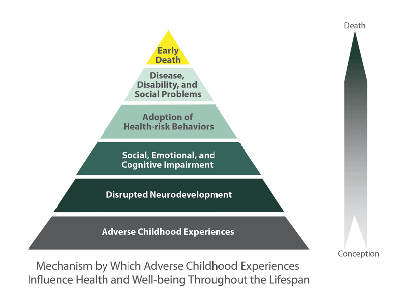The common wisdom in the mental health field is that sociopaths "burn out" in middle age. If only it were true. According to Lovefraud's research, after age 50, the behavior of sociopaths is just as bad — or worse. In Lovefraud's online survey, 2,120 romantic partners, family members, friends and associates of suspected sociopaths answered questions about their experiences. Here were the key questions of the survey: Did you know the individual both before age 50 and after age 50? A total of 1,276 people answered the question, and 65% said yes, they did know the individual before and after age 50. Did the individual "mellow out" or "burn out" after age 50? Did the individual …
Sociopaths get worse after age 50, say 91% of Lovefraud survey respondentsRead More











